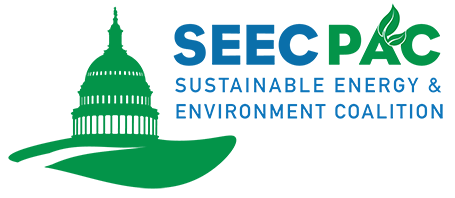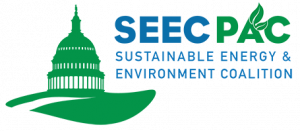When you take out your recycling for pick-up each week, you might not expect just how far it’ll travel. But an international nonprofit organization has uncovered rampant sales of plastic trash being exported from wealthy to developing countries in violation of international laws.
In 2021, 187 countries agreed to add plastic waste disposal to the U.N.’s Basel Convention which restricts the transfer of hazardous material between countries. While this agreement has made a significant impact, there are many nations, including the United States, who haven’t stopped their practices.
The Basel Action Network (BAN) found that the U.S. offloaded 800 million pounds of plastic waste to Mexico, Malaysia, India, Vietnam, and other nations last year. The United States is one of only eight countries that haven’t ratified the laws established last year by the U.N. and its actions are in direct violation of the Basel Convention.
A massive obstacle standing in the way of the United States from stopping its illegal trade of plastic trash is its recycling industry. Our current system does not sort its plastics by single polymers, such as PET, which is a requirement for plastic waste sales under international law. Because our recycling facilities don’t have the capacity to separate recyclables, most plastics have to be sent straight to landfills.
This Earth Week, we have to take a whole-of-planet approach. We can’t shove off our pollution problems to other countries and call it mission accomplished. We need to take accountability and crackdown on illegal plastic waste trading at the source: by limiting single-use plastics.
SEEC members are working tirelessly to transition our country away from plastics with sustainability policies. Will you donate now to support their work?

